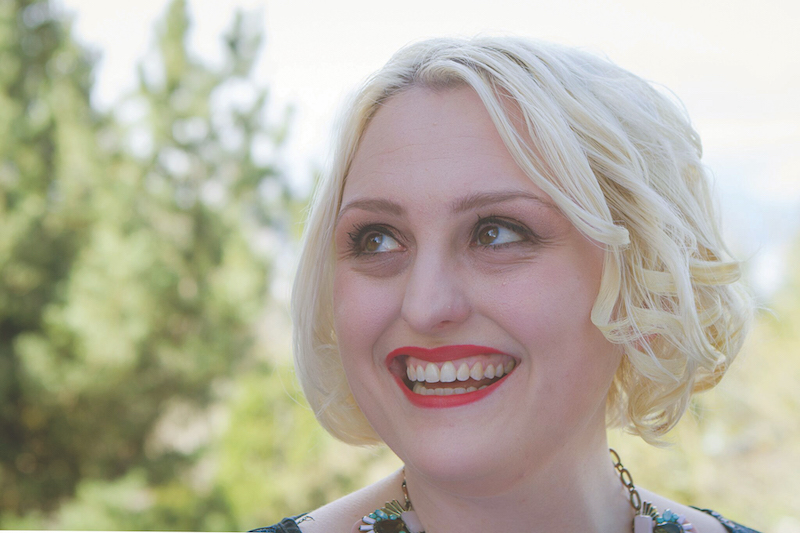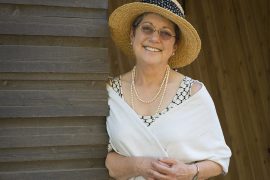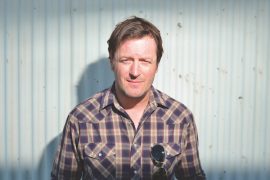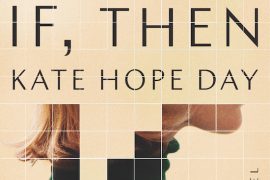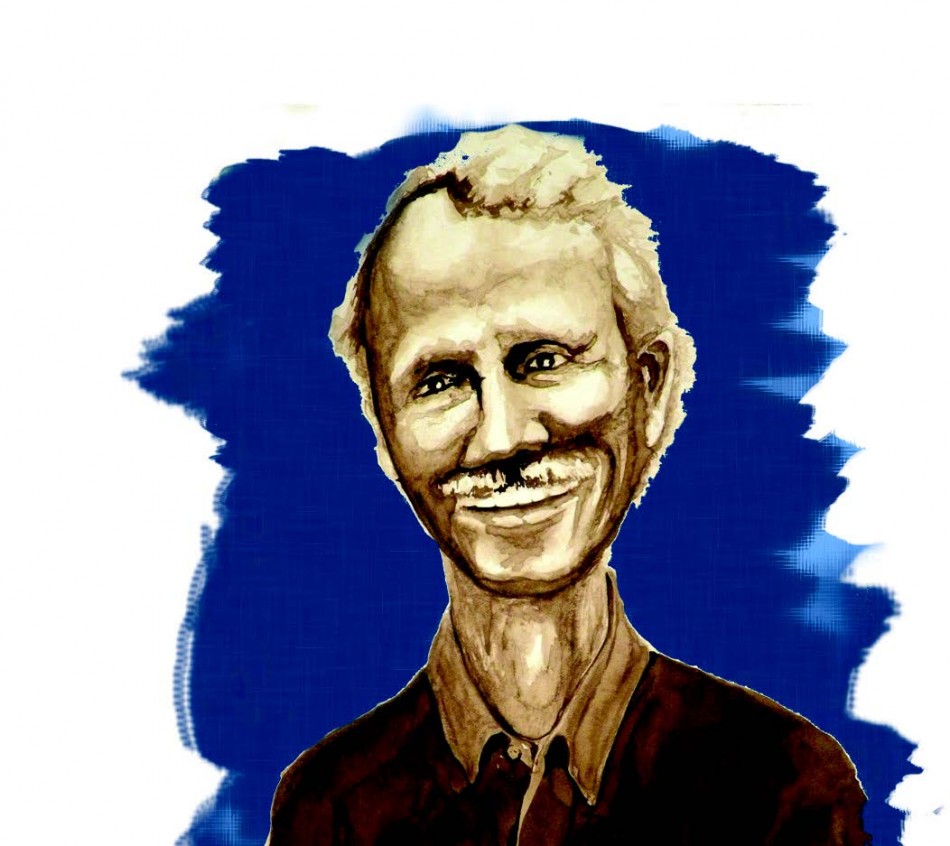For the Love of Food: Tabitha Blankenbiller’s new book is a “foodoir”
interview by Cara Strickland
Originally from the Mount Rainier foothills, Tabitha Blankenbiller moved to Oregon for college, and now it’s home. Her recent book, Eats of Eden, celebrates the way food intersects with the rest of her creativity and life, and celebrates the bounty of our region.
— Tabitha Blankenbiller
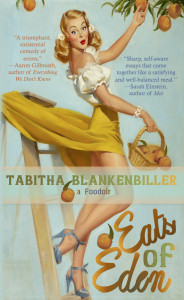
Tell me about your book.
Eats of Eden is a book about food and writing and how those two passions feed and distract from one another. I found that working on an art form takes so much concentration and energy— sometimes it’s going really well and sometimes it’s not. It’s really helpful to have some other form of expression as an outlet for when you’re feeling frustrated, tired or uninspired. For me, that art form was cooking, and has always been. Creating and loving food has always been a huge part of my life.
Your book is inextricably tied to the Northwest, especially your home in Oregon. What do you love about living and eating in this region?
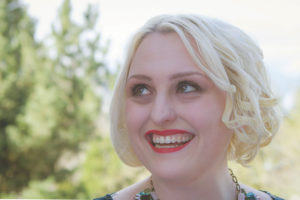
I think that the Northwest is a great place, not only for ingredients—we have such great food here—as I’ve lived and visited other parts of the country. They have their special things, but I still miss the berries and the fish and all of the things that are so native and important to Northwest cooking—but at the same time it lends itself so well to being inspired by other places. In the book, I talk about living in Tucson and bringing back interesting spices, peppers, and all the interesting things about Southwest and New Mexican cooking and applying that to the dishes I make up here, like a roasted chicken dinner with hatch chili mac and cheese. I live in the rural area outside of Portland, and with a twenty-minute drive, I can be out in wine country. Twenty minutes another way, I can be in the city. Going a little bit farther: the ocean, the mountains—you can just escape to wherever you need to escape quite easily. It’s sort of this mix of being able to discover new things and also very easily return to the familiar.
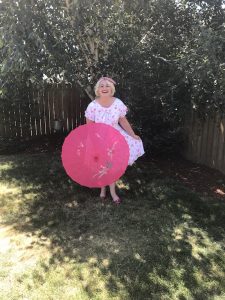
What are you hoping your readers will take away from your book?
One of the themes is forgiveness— there’s the forgiveness of sometimes not being able to create, not being able to be productive, or having something in the kitchen turn out terrible. But also the book talks about writing about a friendship that didn’t work out, and the forgiveness of yourself for those relationships that don’t work out and weren’t what you hoped they would be and second-guessing if you could have fixed them or what you could have done differently, and just realizing that sometimes that’s just out of your control and that you need to accept that it just didn’t turn out the way that you thought. The more that I stack up years here on the planet, the more I learn that as hard as I plan or envision things they just don’t usually go that way. I’m realizing that’s not a fault of mine, that’s just absolutely natural and to quit fighting it so hard.


